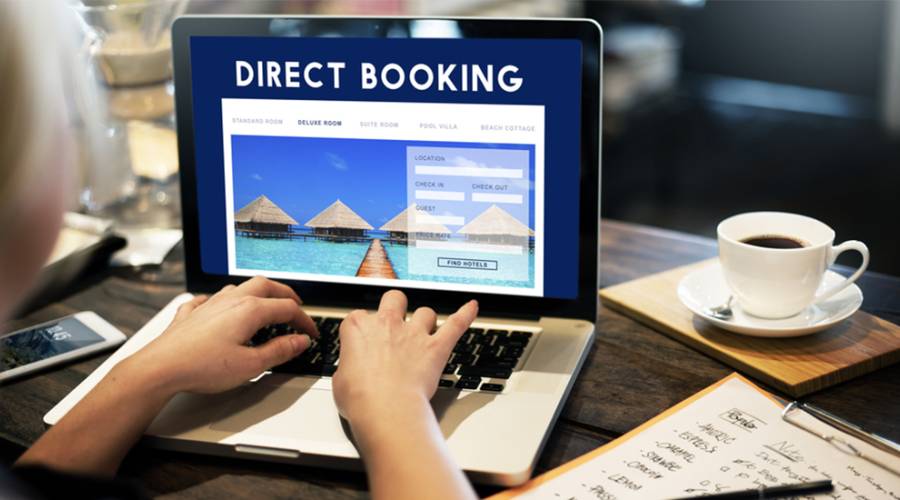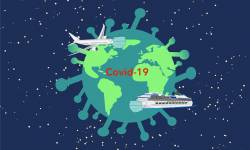
OTA, 3rd parties or hotel direct booking
There is an invisible battle in the hospitality business between hotels and online booking engines.
The relationship could be both supportive but at the same time competitive where each party eagers to dominate. Can we assume that hotels are trapped by OTAs on the preference, visibility, and parity over the direct channels such as hotel website or reservation office?
Is it possible to bring the balance and have the proportion of those channels without compromising the domination of OTAs?
Hoteliers keep on battling in building up the correct blend of web based booking channels that satisfy the developing need for facilities as well as expand benefits. Nevertheless, OTAs are vital distribution partner to optimize and promote the available and unsold inventory, whereas brand.com or direct booking channel is most profitable for online booking. The reason why OTAs dominate over the direct channels is them being quick, equipped with high-tech, knowledgeable about ecommerce tactics and strategies. Usually the payment on taxes, fees and commissions (which varies by region and continent between 15-23%) for each OTA booking could be evaluated and directed and reinvested in to new technology, interface upgrade, enhanced strategies and tactics to keep up the competitive advantage. Small hotel with average rate strategy available on OTA can face up to 60% of the expenses which will include value-added taxes, municipality/city fee, meal allocation, commission, bank transfer fees, exchange rate fluctuation ratio, withholding tax, and additional surcharges based on the legislation and operation procedure of the given country or region.
“The best part of the competition is that through it we discover what we are capable of and how much more we can actually do than we ever believed possible”.
The balance and competition between those channels can be maintained by driving more traffic to the hotel booking engine by launching specific in-channel campaigns, improving SEO strategies, refined keyword search, deploying metasearch strategy and optimizing conversions on the channel by conveying a more consistent and smooth guest experience attracting them with special offers and deals, retaining the guests who abandoned the reservation process without completion and follow up with customized messages and offers. Another way of shifting the OTA bookings to direct is to have the loyalty programs and special benefits applicable for direct bookers only or deploy regional promotions by market, length of stay, travel purposes.






